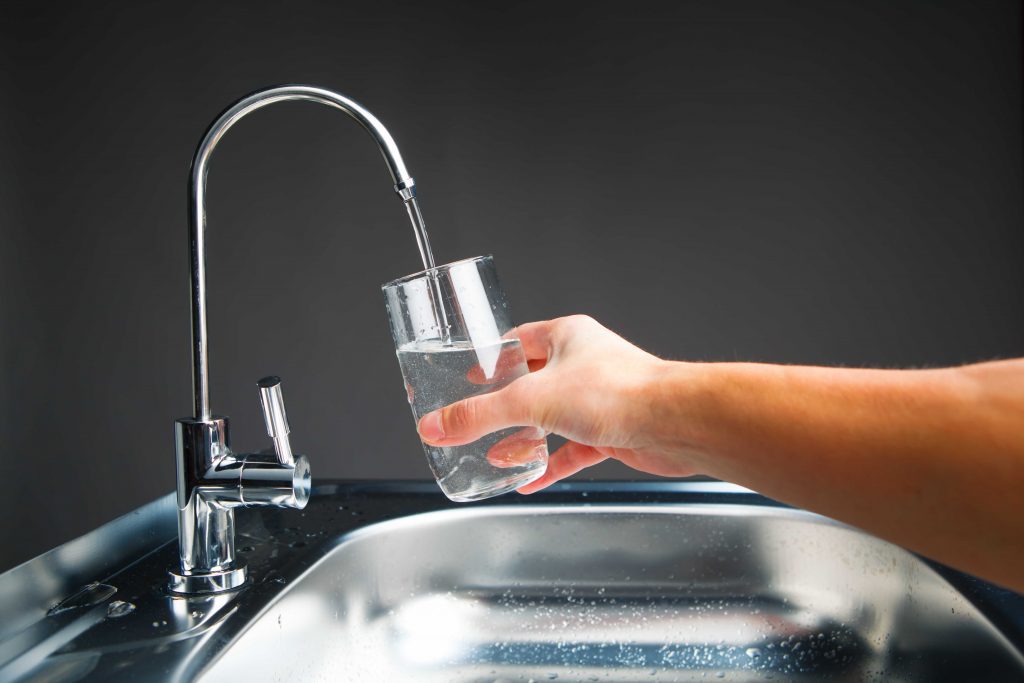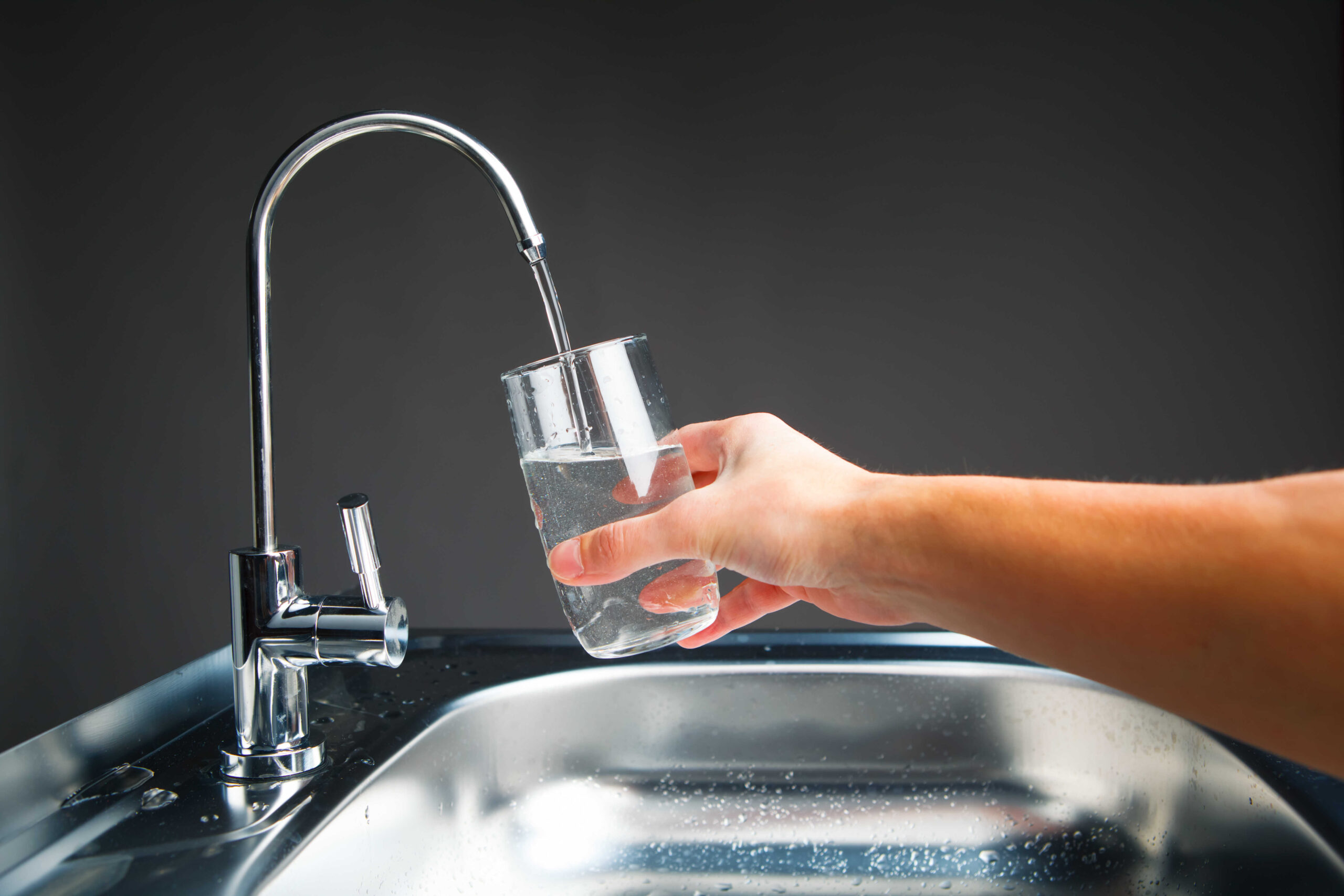
Water quality is one of the most important issues today, especially in light of recent water contamination problems in U.S. cities. If you are concerned about the safety of your own drinking water, there are steps you can take to ensure you and your family are safe.
Test Your Water Yourself
The easiest way to check your water is by sight, smell and taste. Run water into a clear glass container and look at it. It should not be cloudy or colored. Smell your water. A rotten egg smell may only indicate naturally-occurring sulfur, but may be a problem if your area does not have sulfur-rich soil. A strong smell of chlorine is never a good sign.
If it smells like nail polish remover, it may contain organic solvents. If your water tastes and smells fine, that does not necessarily mean it’s safe. An over-the-counter water purity test will measure the levels of several contaminants, such as nitrates and nitrites, iron, lead, copper, chlorine and fluorine. The results will tell you if these elements are present in safe or dangerous levels.
Check Your Water Supplier’s Yearly Report
The United States Environment Protection Agency requires water suppliers to provide you with a yearly Consumer Confidence Report by July 1 of each year. This report gives details on all contaminant levels in your water. It also has a section that outlines health risks of each contaminant. If you did not receive one in your bill, you can download a PDF version from your water utility’s website, or call and ask them to email or mail you a copy.
Hire a Professional Water Testing Company
If you have well water, you need to have it professionally tested at least once, and preferably twice, a year. Depending on where you live, your ground water can be contaminated with numerous toxins, including bacteria such as E. coli, industrial or agricultural chemicals or runoff from illegal dumping. You can find a local approved testing facility by visiting the Water Quality Association’s website.
Use Bottled Water
To be absolutely sure your water is safe for your family, you may want to order bottled water for cooking and drinking. Bottled drinking water from places has to meet stringent government standards at the industry, state and federal levels, so you can be assured of its safety. Bottled water is especially desirable for those with health issues or sensitivity to chemicals.
Water is essential for a healthy body, but contaminated water can harm more than help. Take steps to ensure that your local water supply is safe before you subject yourself or your family to danger.

